Ways of Converting Textual Data into Structured Insights with LLMs
Analytics Vidhya
FEBRUARY 2, 2024
Introduction In the era of big data, organizations are inundated with vast amounts of unstructured textual data. The sheer volume and diversity of information present a significant challenge in extracting insights.

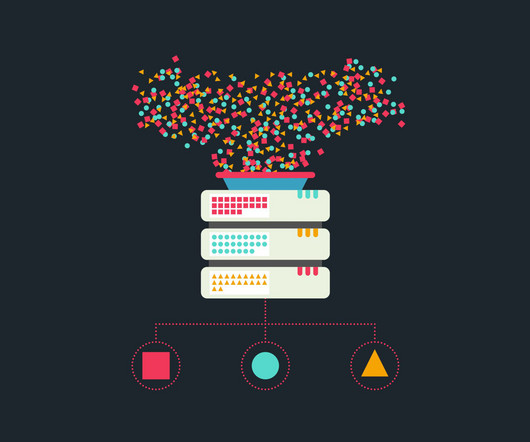


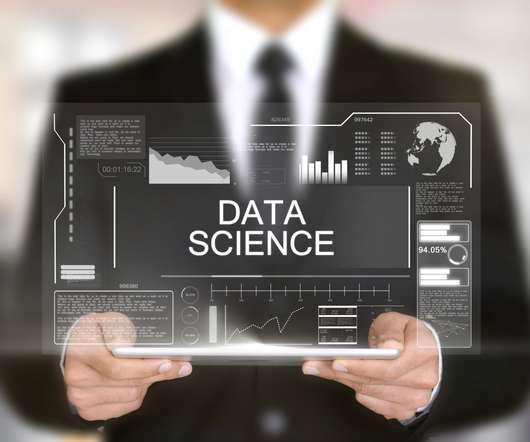

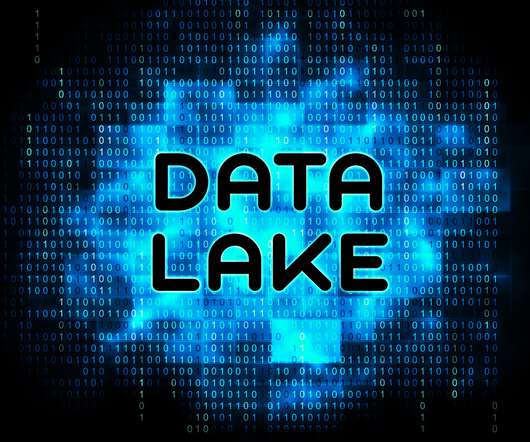



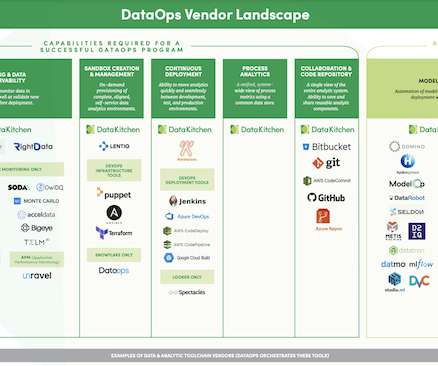
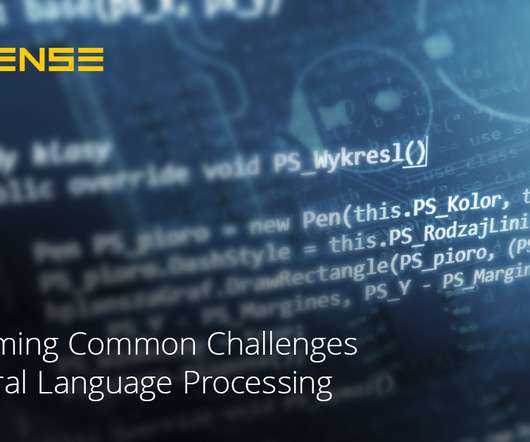















Let's personalize your content